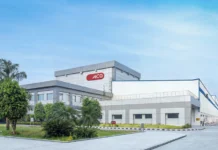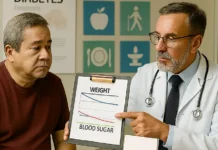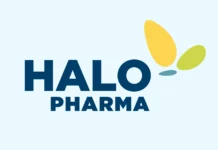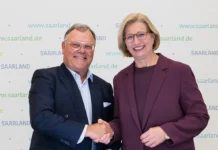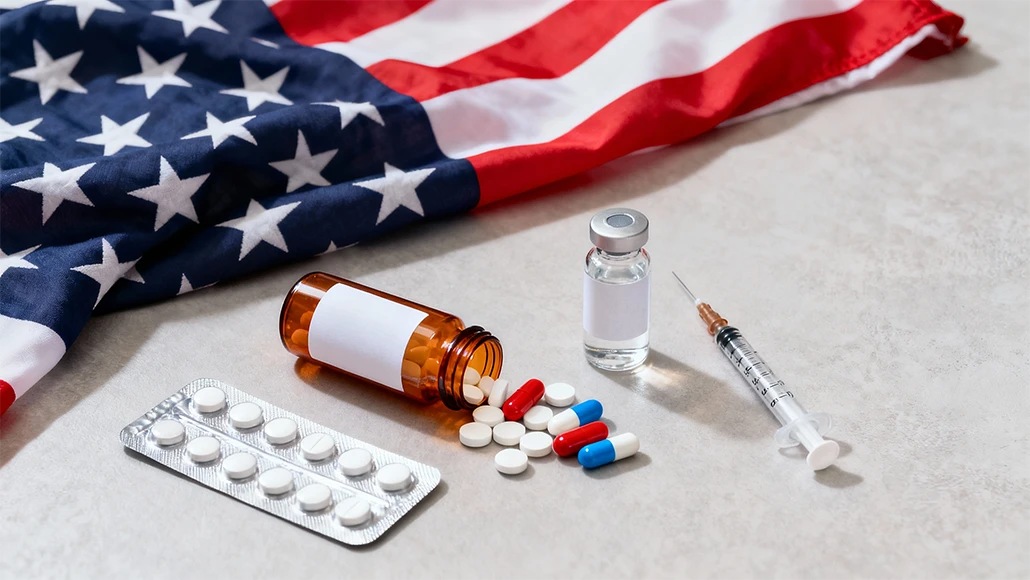As originally reported by the Straits Times and also shared by Reuters, the enforcement of US tariffs on pharma exports from Singapore is being deferred so as to provide stakeholders ample time to work out an amicable deal with the US government.
It is yet to be seen if Singapore’s minister of state for both the ministry of trade and industry as well as the ministry of foreign affairs, Gan Siow Huang, offers a new date for when the possible tariff is going to be enforced; however, she did note that pharma companies that are based in the country are indeed waiting to hear if the plans to construct as well as grow manufacturing services are going to be enough so as to exempt them from facing the tariffs.
Proposed 100% tariff – The Background
The news has come at a time when a 100% tariff on branded as well as patented drugs was originally anticipated to take effect Oct. 1, 2025, unless the pharma companies went ahead and built domestic production facilities.
The President of the U.S., Donald Trump, in a Truth Social post at the time of the original announcement, had said that starting January 1st, 2025, they are going to be imposing a 100% tariff on any branded or patented pharmaceutical product, unless the company is building their pharmaceutical manufacturing plant in America. The president iterated that the building is going to be defined as breaking ground or under construction.
There will, hence, be no tariff on such sorts of pharmaceutical products if the construction has started.
It is important to note that the branded or patented pharmaceuticals happen to be meds marketed under a trade name and safeguarded by the patents or certain other intellectual property rights, therefore preventing any sort of generic competitors from getting an entry into the market till those protections expire.
Negotiation strategy or policy shift?
But since that announcement, there are reports saying that the US president may not act on the triple-digit pharma tariffs after all. Rather, Trump could be looking out for using the tariffs as a negotiating tactic with certain pharma companies as they look forward to working out deals with the government in order to lower drug expenditures.
It is worth noting that there are many companies that have already been making strides along this front, such as Pfizer, which went on to reach a deal with the Trump administration so as to lower drug prices as per the most-favored nation executive order by the president. The Big Pharma company looks to meet the requirements set forth by the executive order and is going to take part in TrumpRx, which is the direct purchasing platform of the administration.
Pfizer is also going to be receiving a three-year grace period, which is a time where its products will not be subject to import taxes as long as the company holds its promise, which is going to involve continuing to be financially committed to manufacturing within the United States.
They are indeed proud to join President Trump at the White House so as to celebrate this landmark agreement, which is indeed a win for American patients, a win when it comes to American leadership, and also a win for Pfizer, said the chairman and CEO of Pfizer, Albert Bourla. Through working closely with administration, they are indeed lowering costs for patients and also helping greater investment in the US biopharma ecosystem through ending the days when American families carried the global burden when it came to paying for innovation. This is about putting all the patients first and also ensuring that America remains the leading engine of medical breakthroughs in the world.
Impact on trade between the US and Singapore
In spite of these moving parts and irrespective of the results, the exports to the US from Singapore are still subject to a 10% baseline reciprocal tariff. The deferral of US tariffs on pharma exports from Singapore comes as the country happens to export almost $3.1 billion worth of pharmaceutical products to the US, with the majority being the branded drugs. Apparently, the trade talks between both the US and Singapore are still on.



